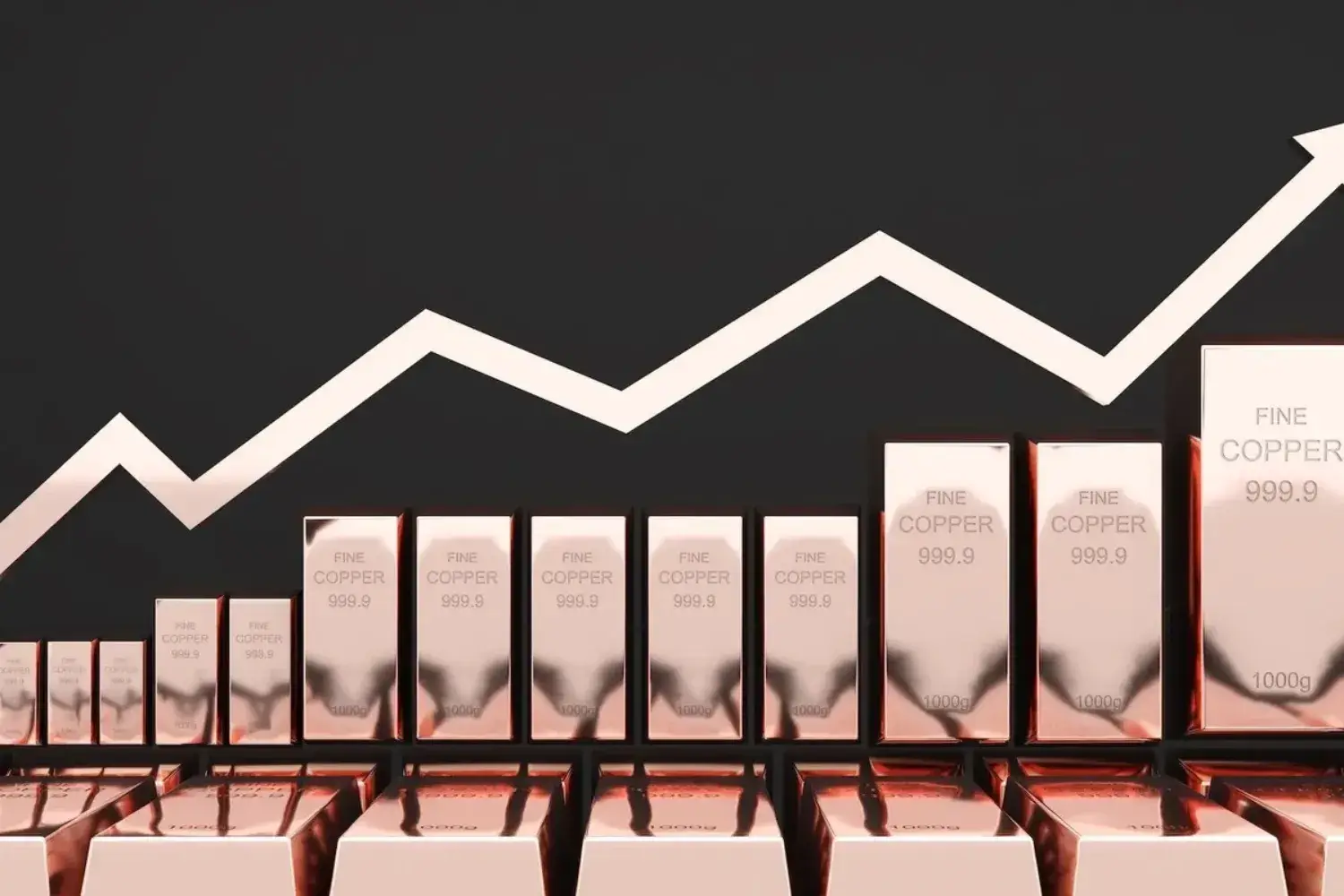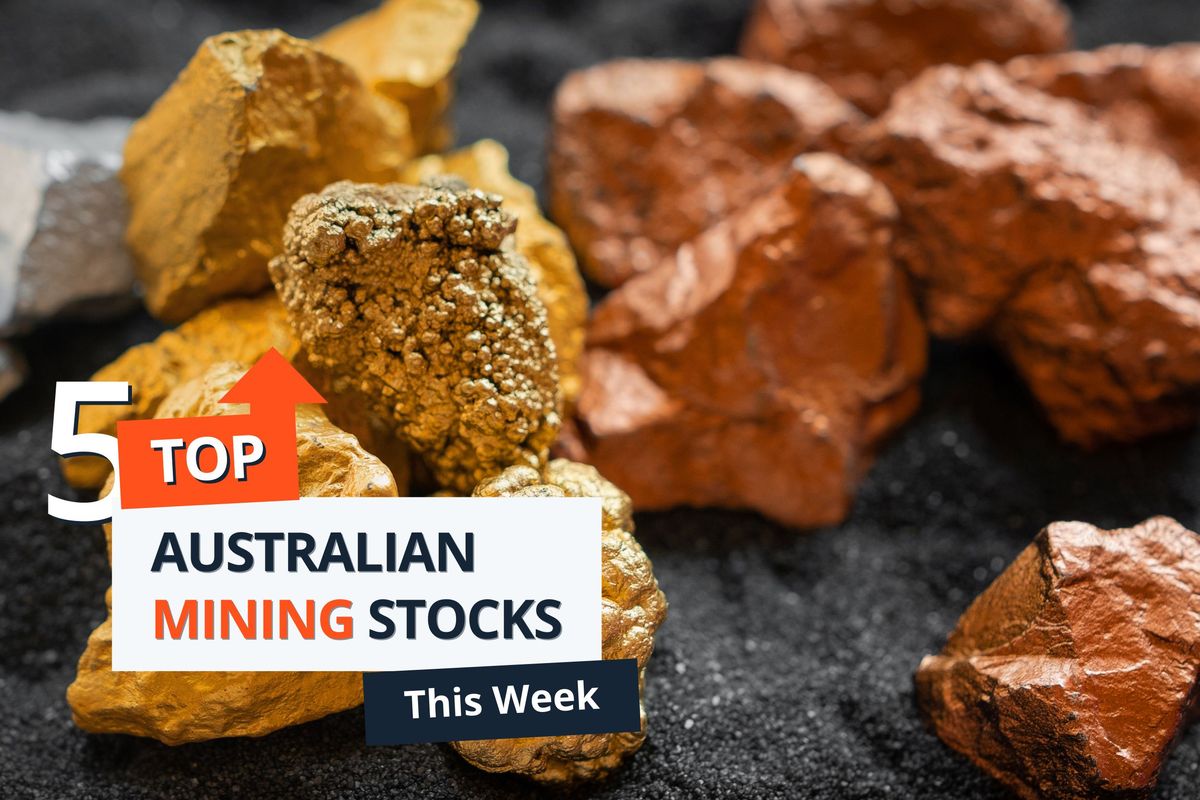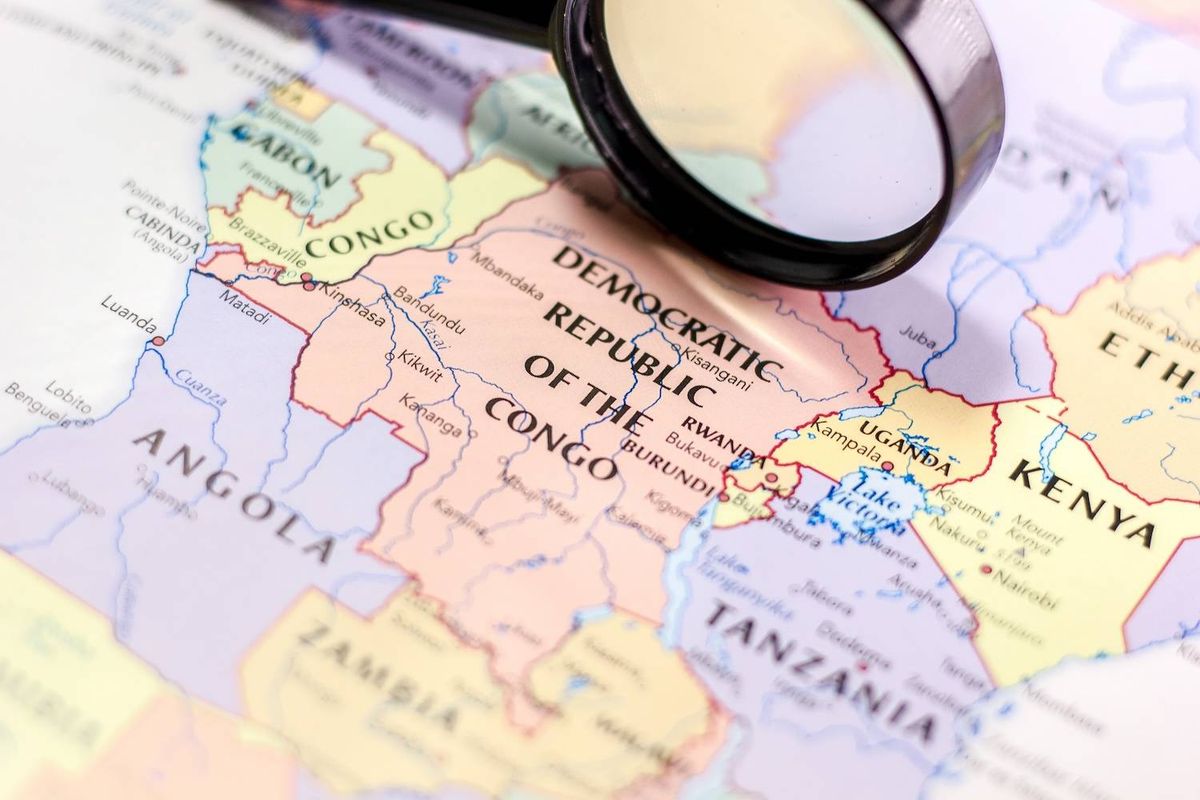Pentwater Capital Management LP (" Pentwater "), the largest minority shareholder of Turquoise Hill Resources Ltd. (" Turquoise Hill ") (TSX:TRQ) (NYSE:TRQ), wrote the following letter to Rio Tinto plc (" Rio Tinto " or " Rio ") (LSE:RIO) Director Ms. Ngaire Woods, CBE and the rest of the Rio Tinto Board. Unfortunately, the failure of Ms. Woods (or any other member of the Rio Tinto Board) to respond to Pentwater's letter is evidence that Rio Tinto continues to inflict serious corporate governance breaches upon Turquoise Hill minority shareholders.
Dear Ms. Woods,
I write on behalf of Pentwater Capital Management, LLP ("Pentwater"), the largest minority shareholder of Turquoise Hill Resources Ltd. ("TRQ"). I write to ensure that you personally are aware of how flagrantly the members of the Rio Tinto board have breached and continue to breach all reasonable standards of appropriate corporate governance with regard to Rio's controlled subsidiary, TRQ.
As you know, TRQ owns 66% of the entity that owns the Oyu Tolgoi mine in Mongolia. The Government of Mongolia owns the other 34%. Rio Tinto's interest in the mine is exclusively through TRQ. As TRQ's majority shareholder, however, Rio Tinto has controlled the election of TRQ's board of directors, has selected TRQ's management team and generally exerts absolute control over all of TRQ's actions. Rio Tinto's interests in the mine, however, are conflicted, as Rio also served, at various times, as the mine's contractor, its financier, and TRQ's primary negotiator with the Government of Mongolia. Remarkably, even in purported negotiations between Rio Tinto and TRQ regarding the mine, the TRQ representatives "negotiating" with Rio are often merely Rio Tinto employees temporarily seconded to TRQ.
The consequences of Rio Tinto's abuse of power have been disastrous. Turquoise Hill minority shareholders and the Government of Mongolia and its people have suffered for many years. Then again, Rio Tinto's lack of business ethics has caused grave harm far beyond Mongolia, extending to numerous countries throughout the world.
You bring to the Rio Tinto Board an impressive resume as an innovator, as founding dean of the Blavatnik School of Government, founder of the Global Economic Governance Programme at Oxford University, and co-founder of the Oxford-Princeton Global Leaders Fellowship program. Your various current or past affiliations bear the most recognizable and prestigious of names, such as: Harvard University, Nelson Mandela, The American Academy of Arts and Sciences, Tsinghua University, the World Economic Forum, the African Development Bank, the Government of Oman, the UNDP, and the IMF. You are even a Commander of the Most Excellent Order of the British Empire (CBE).
Although we were confused by your decision to accept appointment to the Rio Tinto Board last year (given its history of unethical practices), we were hopeful that you could bring about some much-needed change. We wondered whether you viewed service on the Rio Tinto Board as a career capstone achievement, where you would turn one of the world's most corrupt corporations into one that is law abiding, or whether you were so busy for the past dozen years that you did not get the chance to learn of the corporate briar patch that is Rio Tinto.
To be sure you cannot remain unaware of the situation before you, we provide a recap of some of Rio Tinto's lowlights over the years that you might have missed:
2010 Rio Tinto China Bribery Scandal: In 2010, four Rio Tinto employees, including Stern Hu, the former head of Rio Tinto's China iron ore business, were found guilty in China for accepting bribes and stealing business secrets. According to the March 15, 2015 edition of the Sydney Morning Herald , "American statesman Henry Kissinger pocketed close to US $5 million… for guiding mining giant Rio Tinto to wash its hands of its jailed China chief, Australian citizen Stern Hu, and build relations with Beijing."
2011 Rio Tinto Simandou Scandal: Rio Tinto emails written in 2011 were "discovered" in 2016 regarding Rio Tinto payments of more than $10,000,000 related to the Simandou mine in Guinea, leading to an internal investigation. Subsequently, in November 2016, Rio's Legal and Regulatory Affairs Executive resigned, and Rio's Energy and Mineral's head was fired. On July 28, 2020, the Financial Times reported that Rio Tinto and the United Kingdom's Serious Fraud Office were in discussions regarding the possibility of a deferred prosecution agreement on bribery allegations.
2013 Rio Tinto Mozambique Scandal : In January 2013, Tom Albanese resigned as Rio Tinto CEO by "mutual agreement" with the Rio Tinto Board. His departure came after the announcement of a $14 billion dollar write down, including on Rio's Mozambique coal mining assets. In October 2017, the British Financial Conduct Authority (FCA) fined Rio Tinto £27,385,400 for "failing to carry out an impairment test and to recognize an impairment loss on the value of mining assets based in the Republic of Mozambique." The United States S.E.C.'s civil fraud complaint against Albanese and Rio in the United States District Court remains pending (S.E.C. v. Rio Tinto Plc., et al. , U.S. District Court, Southern District of New York, No. 17-07994).
2015 Massive Rio Tinto Tax Impropriety: In September 2021, Rio Tinto was fined $257,000,000 USD by the Australian Tax Office for tax irregularities regarding 2015 interest deductions in a "borrowing used to pay intragroup dividends in 2015."
2016 Panguna Mine Divestiture: In 2016, Rio Tinto divested the Panguna mine in Bougainville, Papua, New Guinea. On March 1, 2020, the Human Rights Law Centre in Melbourne, Australia released a blistering report, entitled "After the mine: Living with Rio Tinto's deadly legacy." The report was a damning indictment of Rio Tinto's having left devastated communities "in a deteriorating, increasingly dangerous situation."
2017 Resignation of Rio Tinto's C-Suite Leadership Consultant : On July 27, 2020, the Australian Financial Review reported that Dr. Maurice Duffy, who had been a leadership consultant for Rio Tinto's senior leadership team for twelve years, quit this role in December 2017 because of "serious misgivings about unethical behaviour" and on November 26, 2019 wrote a letter to the Rio Board stating that in 2017 he had "reported ‘multiple, unprofessional [and] unethical behaviors' by Rio's most senior executives to the then chairman and members of the board, ‘who took no action'." The same article states that "Duffy had reported ‘the inappropriate relationships.' One such relationship remains an open secret in Rio Tinto circles."
2019 Rio Tinto Announcement of Cost Overruns and Timing Delays in Mongolia: In a series of belated disclosures in 2019, Rio and TRQ shocked Turquoise Hill's minority shareholders by communicating for the first time that there would be a massive cost overrun and enormous schedule delay at Oyu Tolgoi. According to Richard Bowley, a former Rio employee who turned whistleblower, senior management was fully aware of the budget overruns and schedule delay well over a year in advance of the disclosure to the market and intentionally hid those facts from the market and the government of Mongolia. Rio Tinto then settled a civil termination suit against Mr. Bowley, presumably to buy his silence.
In 2021, an independent report commissioned by TRQ and the Government of Mongolia through their Oyu Tolgoi vehicle found that Rio's and TRQ's explanations for the delay and cost overruns were unfounded but instead reflected knowing or reckless concealment by Rio. Then, on July 27, 2021, the Financial Times stated that the British Financial Conduct Authority "is conducting a probe into Rio Tinto and its late running $6.75bn underground copper project in Mongolia's Gobi Desert. The Financial Conduct Authority is investigating whether the Anglo-Australian company breached listing rules in disclosures about the value of Oyu Tolgoi in 2018 and 2019, according to people familiar with the situation."
2020 Australian Takeovers Panel Ruling Regarding Rio Tinto Pressure on ERA: As reported by January 24, 2020's Weekend Australian :
Rio Tinto plotted a strategy of "increasing pressure, aggression and risk" to win quick control of uranium miner ERA, partly because it would get tax breaks from the transaction, according to the Takeovers Panel. The Takeovers Panel ruled [in 2019] that ERA's $476m equity raising, to fund its rehabilitation liabilities at the Ranger uranium mine, was made in "unacceptable circumstances" — but allowed the Rio-backed raising to go ahead for fear the uranium miner would go bust if it was blocked. The panel published its decision reasons…. revealing dissident shareholder Richard Magides was blocked from making an alternative offer to fund the rehabilitation because Rio, in part, wanted full control of ERA so it could use the company's tax losses to offset profits across its other Australian operations.
2020 Destruction of the Juukan Gorge Rock Shelters : On May 24, 2020, Rio Tinto triggered worldwide shock and disapprobation after it intentionally destroyed a 46,000-year-old incredibly important historical and sacred site in Australia. Reconciliation Australia ended its partnership with Rio as a result. In October 2021, the Australian Parliament released its final investigative report on the destruction, finding that "Rio Tinto's actions were inexcusable and an afront, not only to the [Puutu Kunti Kurrama and Pinikura peoples] but to all Australians. The company's actions demonstrated the profound lack of care for Aboriginal and Torres Strait Islander heritage in this country."
2020 Pentwater TRQ Proxy Contest Blocked by Rio Tinto: On July 24, 2020, I ran for a seat on the Turquoise Hill Board. On July 15, 2020, the Australian Financial Review , taking notice of the endorsement of minority shareholder representation by Institutional Shareholder Services (ISS), the leading corporate governance firm in the United States, stated as follows: "In its advice to [Turquoise Hill] shareholders, ISS confirmed ‘legitimate concerns around governance, delays, cost overruns and the company's disclosure regarding the gravity of funding shortfalls.' It said, ‘the board's history of communication with minority shareholders is of particular concern' and noted that it ‘has not gone far enough' in ensuring ‘mitigation of conflicts of interest.'" I received 88% of the votes from minority shareholders who voted at the meeting. Of course, Rio Tinto saw to it that minority shareholder voices were silenced by casting its votes against me.
2020-2021 Rio Tinto Departures: In September 2020, Rio Tinto's CEO, J.S. Jacques, the Group Executive of Corporate Relations, Simone Niven, and the Chief Executive of Iron Ore, Chris Salisbury, resign under a cloud of scandal. Then, in March 2021, Chair Simon Thompson, also operating under a cloud of scandal, announced that he would not run for the board of directors in 2022.
2021 Removal of TRQ CEO: In March 2021, Ulf Quellmann, the CEO of Turquoise Hill, was replaced after Rio Tinto pressured Turquoise Hill's board. Mr. Quellmann had attracted the ire of Rio Tinto after (belatedly) supporting an investigation into the cost overruns and schedule delays at the Oyu Tolgoi mine in Mongolia that Rio operated. A former Rio Tinto employee was appointed his interim replacement, now totaling five TRQ CEOs or acting or interim CEOs in the past seven years who had at some point worked for Rio Tinto.
Suffice it to say that Rio's habit of illegal and immoral conduct cannot be denied.
Against that backdrop, you find yourself at a crossroads. At this very moment, Rio is in negotiations with the Government of Mongolia to compensate the government (which owns 34% of the Oyu Tolgoi mine) for the cost overruns and schedule delays that Rio itself caused. That compensation package is in excess of $2 billion.
And of course, an independent group of experts has already found that Rio Tinto itself hid the cost overruns and schedule delays for years from the government and then fabricated the reason for the cost overruns and schedule delays. Rio must be honest and take responsibility for its actions and admit its faults. But Rio Tinto's refusal to accept responsibility and admit its wrongdoing has made the negotiations with the Mongolian government all the more difficult.
Obviously since Turquoise Hill (owner of 66% of the mine) has been harmed by Rio's actions just like the Mongolian government, it is natural that Turquoise Hill should be compensated as well. However, instead of compensating Turquoise Hill, numerous press reports (which have been confirmed by TRQ) have stated that Rio Tinto is coercing TRQ to compensate the government of Mongolia by forcing TRQ to forgive $1.6 billion of debt owed by Mongolia to TRQ.
This is outrageous. If Rio's concealed mismanagement harmed the owners of the Oyu Tolgoi mine, then all the owners of the mine should be compensated. Rio should not be permitted to use its influence and control over TRQ to get TRQ to pay for the damages Rio's actions caused.
Instead of acting properly, Rio has insured that minority shareholders, representing 49% of the shares outstanding, literally have no voice on the board. TRQ minority shareholders are victims because of both the billions of dollars lost due to Rio's concealed mismanagement of the underground construction and the billions of dollars that Rio is forcing TRQ to pay to the government of Mongolia to compensate them for Rio's mismanagement.
With these facts, could you ever face the students at any of the prestigious universities that you are affiliated with and honestly tell them that your role on Rio Tinto's Board is anything but a blight on your otherwise honorable record? Of course, you could not honestly tell anyone that what Rio is doing to TRQ is appropriate corporate governance.
This is why Pentwater is hoping that you can be one of the few people at Rio who actually starts to clean up the current culture of corruption and put in its place a genuine goal of operating Rio's business honestly. Pentwater hopes that you begin by taking the following actions to stop the inappropriate (and in some cases illegal) actions which are currently taking place:
- Rio must not be allowed to force TRQ's minority shareholders to pay for Rio's mismanagement and dishonesty. TRQ's minority shareholders are just as much victims as the government of Mongolia. It is reprehensible that Rio would force TRQ to pay over $1.6 billion to the government of Mongolia as compensation for Rio's lies and project mismanagement.
- Rio must allow minority shareholder representation on the TRQ board. The fact that Rio both works for TRQ (as the contractor on the underground mine) and controls TRQ through its 51% ownership interest is an inherent conflict. The only way to solve this enormous conflict of interest is to allow minority shareholders to elect board members to the TRQ board and then have those minority-elected directors sit on a special committee that approves all agreements with Rio Tinto.
In my decades of investing, I have never experienced a more corrupt company than Rio Tinto. I have no doubt that when you joined Rio Tinto's Board, you had no intention of simply becoming another pawn and footnote in Rio's history of bad conduct, but rather joined to enact change. The situation embroiling Oyu Tolgoi, a world class asset holding so much promise for the people of Mongolia, presents you with an opportunity to show to the world what your intentions truly were when you joined the Rio Tinto Board. What you decide will surely have both global and personal consequences.
I would be very pleased to speak with you anytime regarding these matters to provide you with all of the information that I have learned over the past decade that we have invested in TRQ and Rio Tinto. In the meantime, we watch and wait.
Kindest Regards,
Matthew Halbower
Chief Executive Officer
Pentwater Capital Management
Cc: Members of the Board of Directors of Rio Tinto plc
View source version on businesswire.com: https://www.businesswire.com/news/home/20211111005722/en/
David Zirin- Chief Operating Officer
Pentwater Capital Management
312-589-6401




